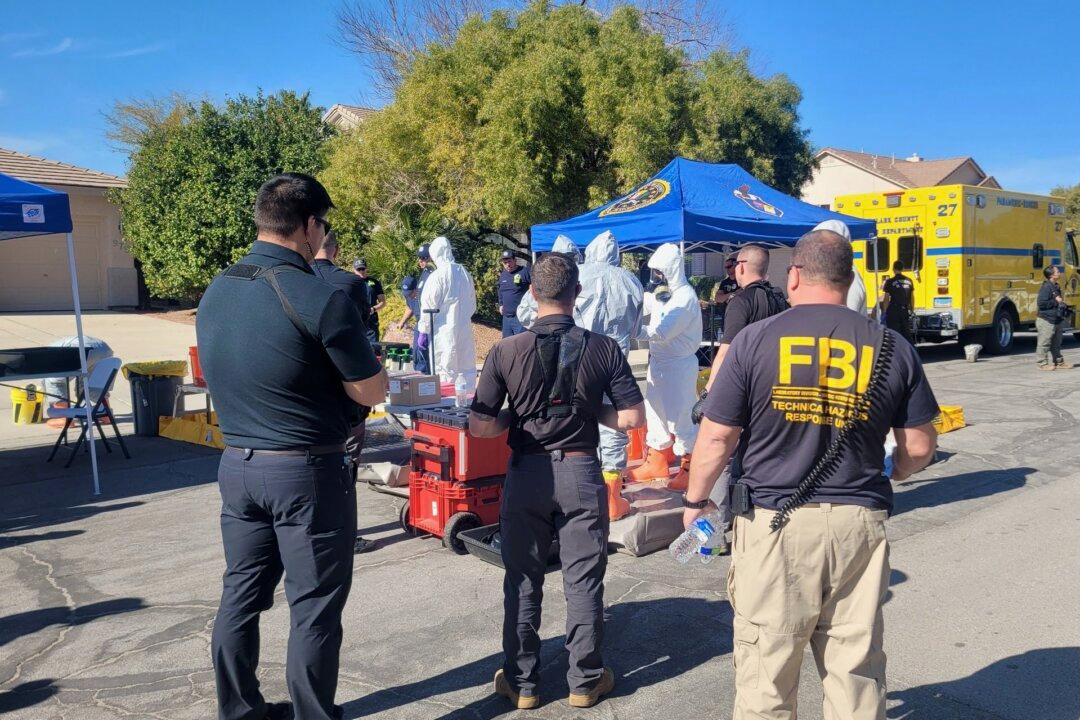Friday, April 13, 2012
THEN
On April 13, 1943, German radio announced the discovery by German soldiers of a mass grave of Polish prisoners of war in the Katyn Forest, located near the town of Smolensk. Multiple mass graves in the area are found to contain the remains of approximately 21,000 executed Polish citizens killed in 1940. While Nazi Germany accused the Soviet Union of the killings, Stalin in turn accused Germany. Successive Soviet leaders continued to deny responsibility for the killings. In 1990, in the twilight of the Soviet Union, Mikhail Gorbachev finally acknowledged that Stalin had ordered the executions. Despite admitting to the massacre, Russian leaders have never referred to the incident as genocide, no arrests were ever made, and none of executioners’ names were ever revealed.
NOW
On April 16, the European Court of Human Rights will rule whether the Katyn massacre was adequately investigated by Russian authorities. The case was brought to the court by 15 Polish nationals who are relatives of victims of the massacre. According to the plaintiffs, Russian authorities have failed to adequately investigate the circumstances of the killing. Diplomatic relations between Poland and Russia, particularly over this issue, remain strained to date. The issue reached a dramatic crescendo in April 2010 when the Polish president and his entire entourage were killed in a plane crash while on their way to the Katyn forest for the 70-year commemoration of the massacre. Many in Poland believe the crash was an assassination orchestrated by Russia.




